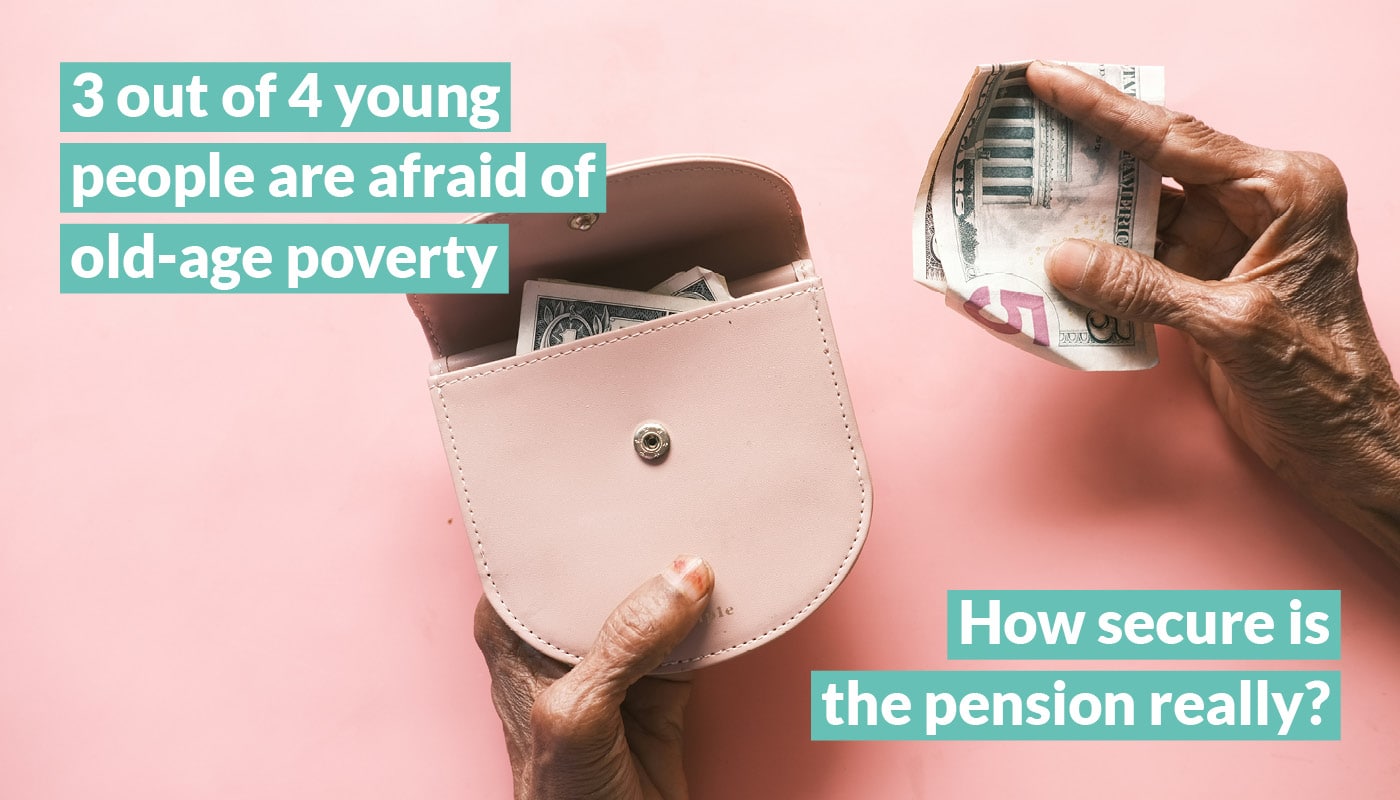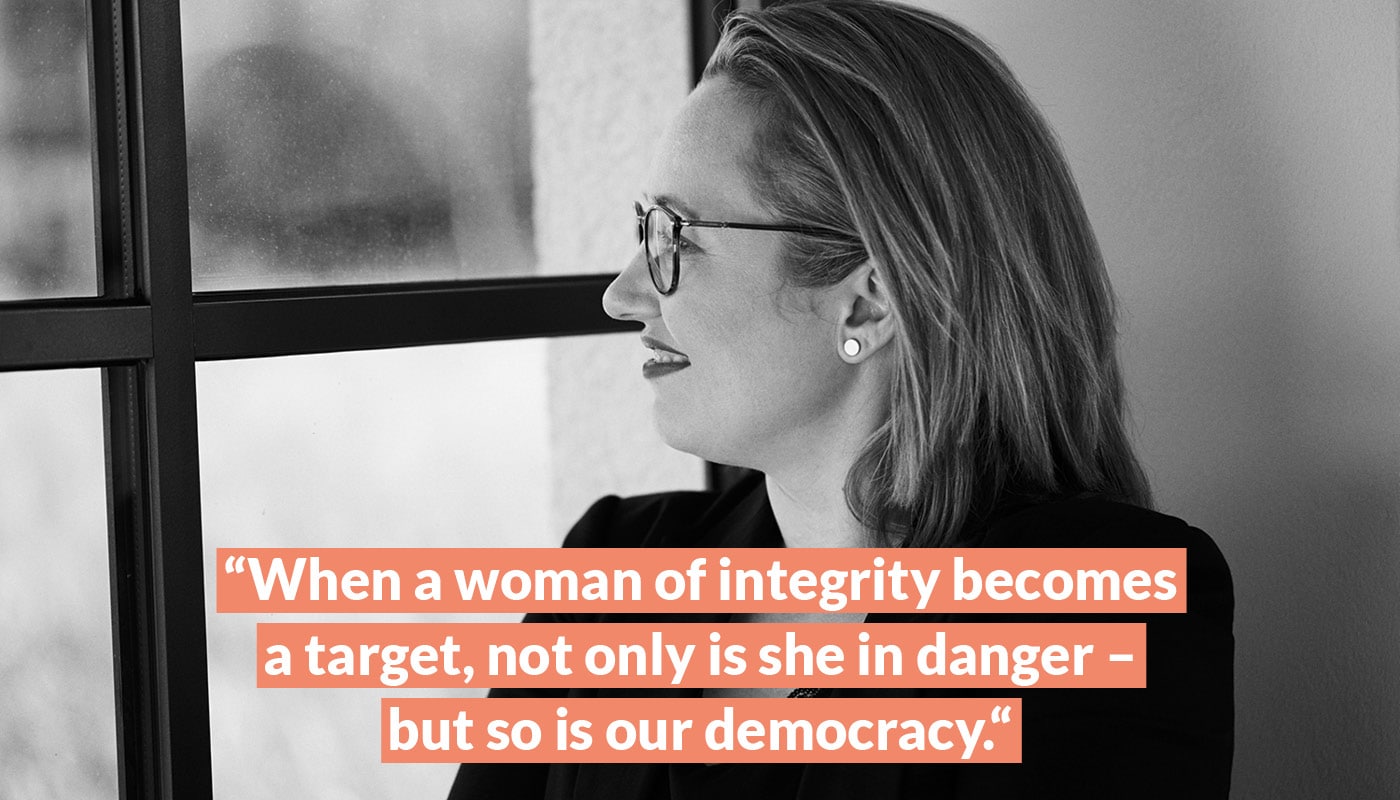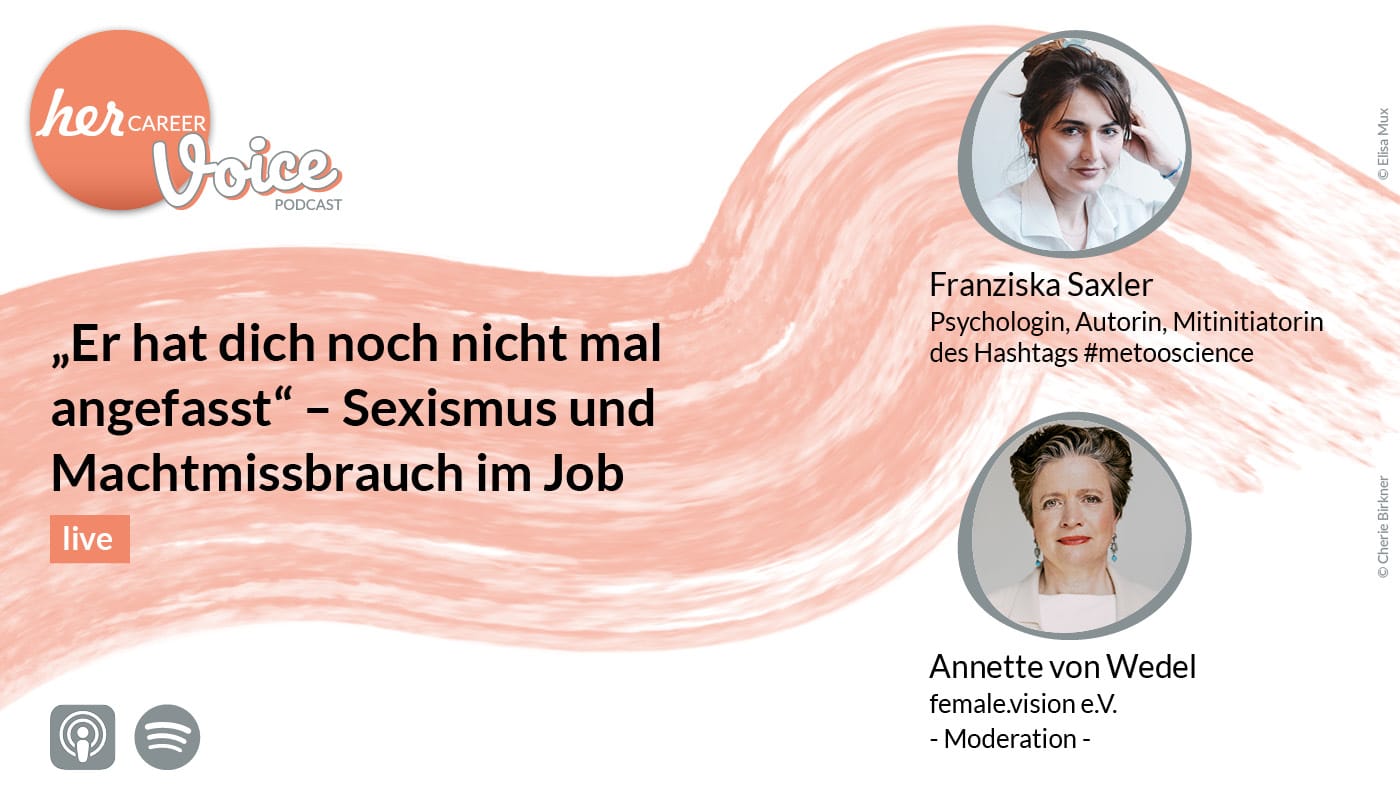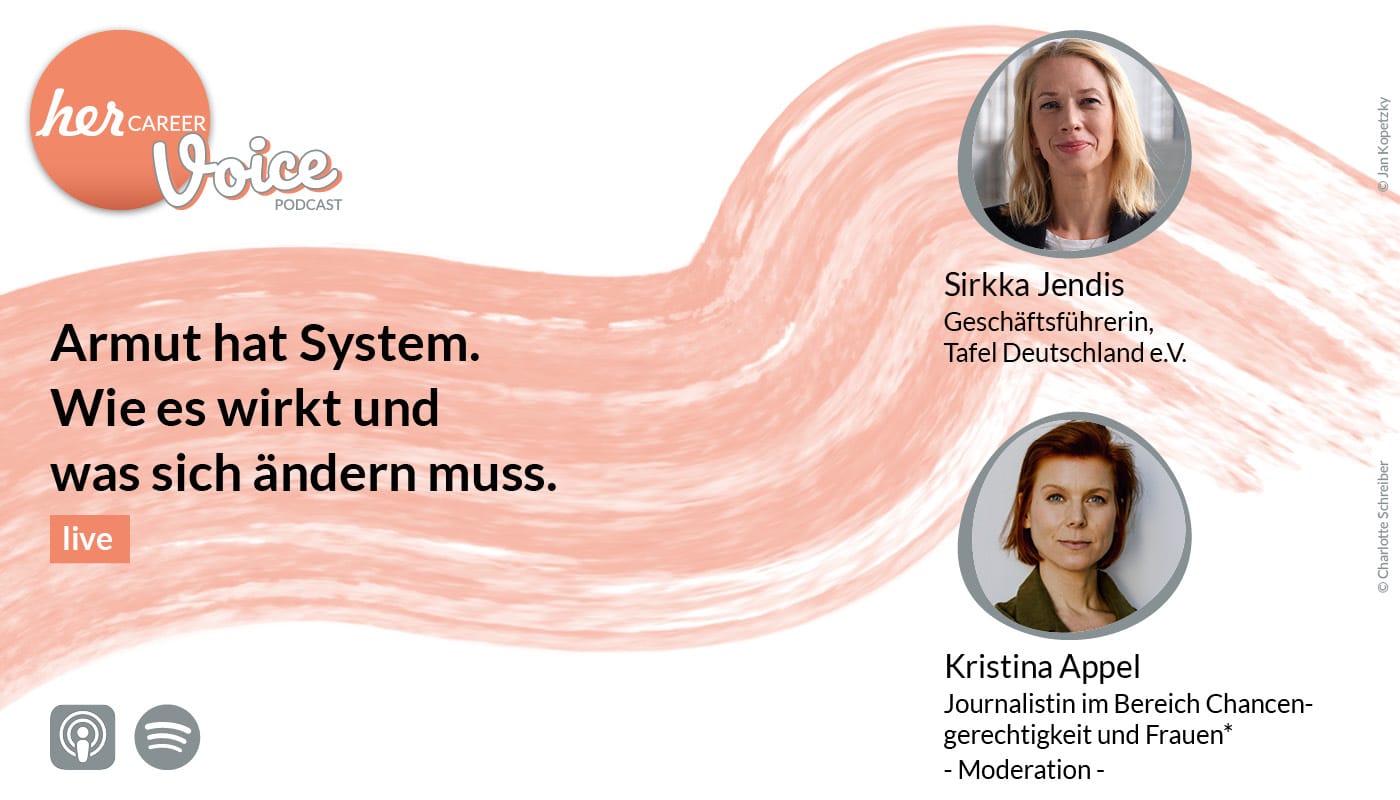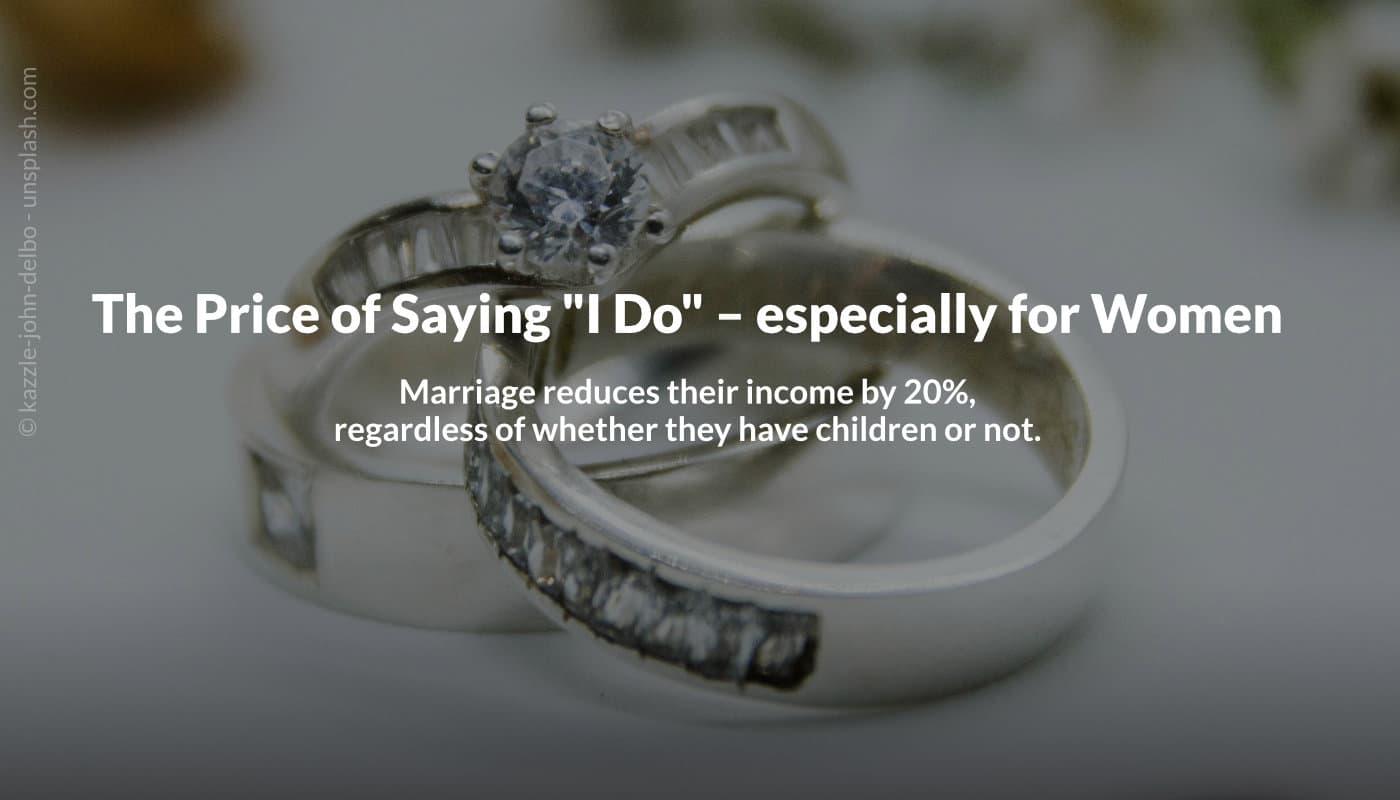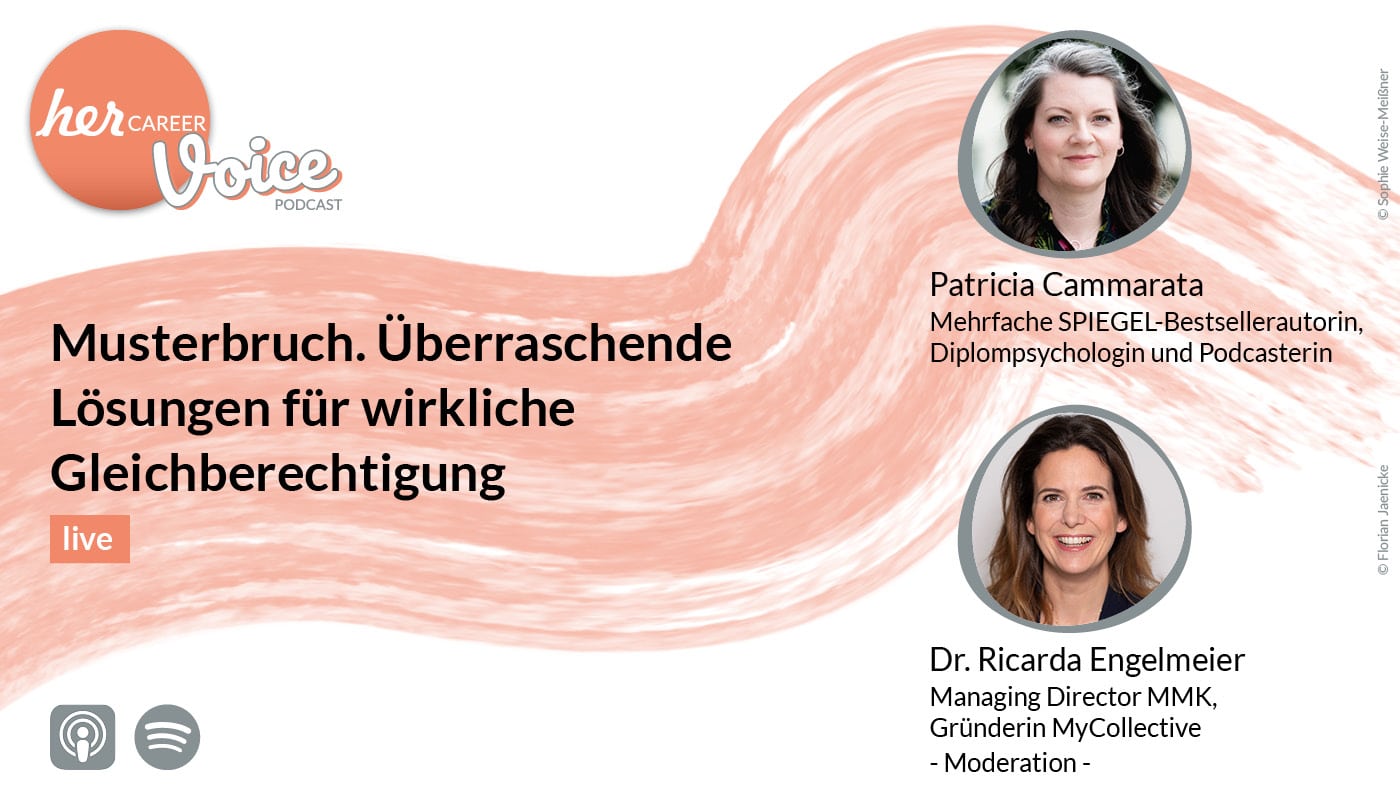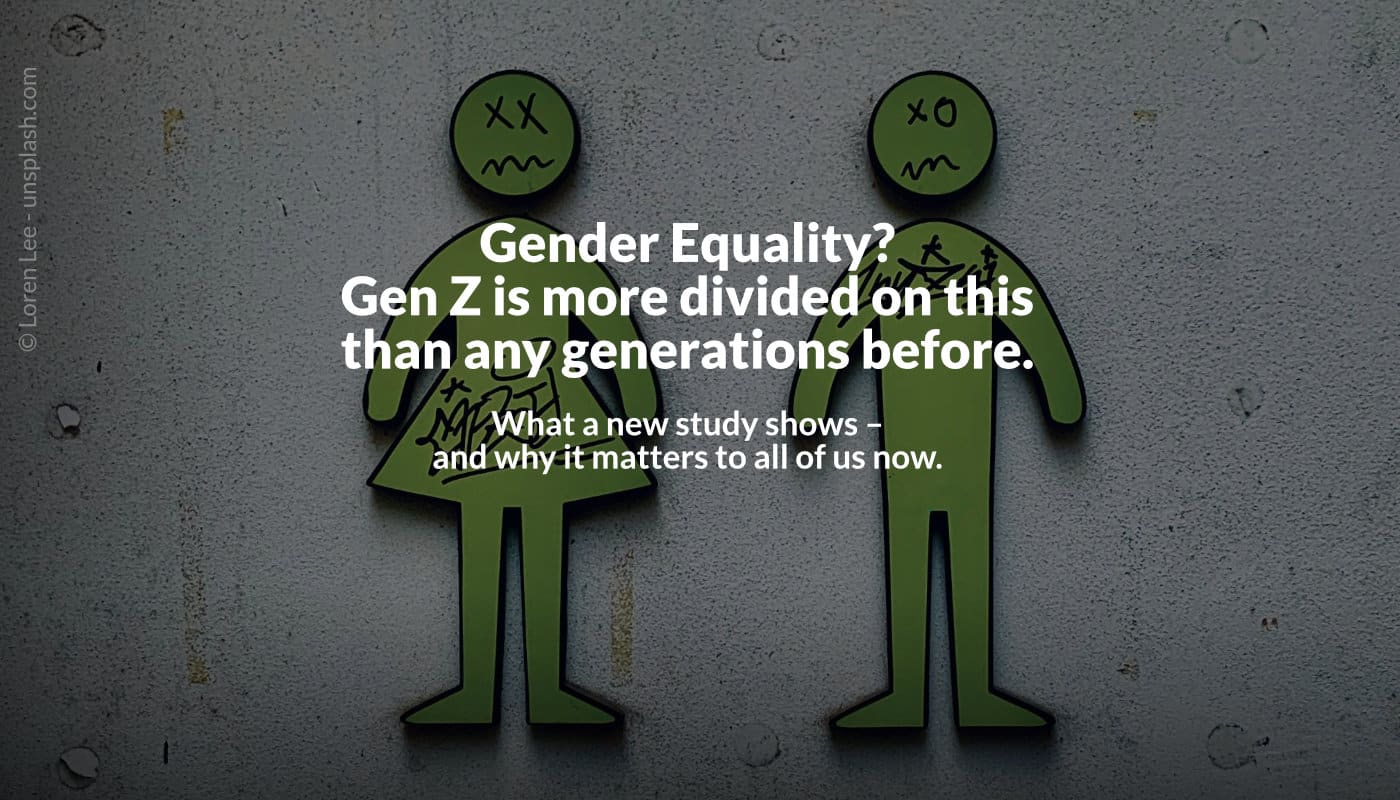“The proportion of women in the Bundestag is increasing only slowly. This is due to the conservatives, but also to the women’s organizations within the parties,” reads an article in the *Frankfurter Rundschau*.
“The problem of the smallest party in government is, of course, well known. The FDP, alongside the A*D, is the only party represented in the Bundestag that has no women’s quota and is even proud of it. As a result, both factions have the lowest proportion of women. The CDU, at least, has taken a step further.” There, a women’s quota was narrowly approved at a party conference in 2022 and introduced on a trial basis until 2029.
According to a study by Dr. Helga Lukoschat and Renate Köcher from theinstitut für demoskopie allensbach gmbh, a ‘welcoming culture’ within the party is important for women. The political culture is still male-dominated. This is maintained through informal networks and gatherings after meetings, where agreements are made, and trust is built. The women surveyed indicated that higher expectations are placed on them, that they are interrupted more often, and that they are judged based on their appearance. Additionally, the authors note that socio-economic factors, such as the division of tasks and time between genders to balance family and work, contribute to the disadvantage.
Their conclusion, according to the *Frankfurter Rundschau*: “Women are expected to adapt to the culture of discussion and dominance in the political arena if they want to succeed. However, if they do so, this culture does not change. To break the vicious cycle, a quota is needed, say the researchers. Beyond that, however, parties must modernize, specifically target women, and build female role models.”

Published by herCAREER,
Posted on LinkedIn on 19.01.2024



